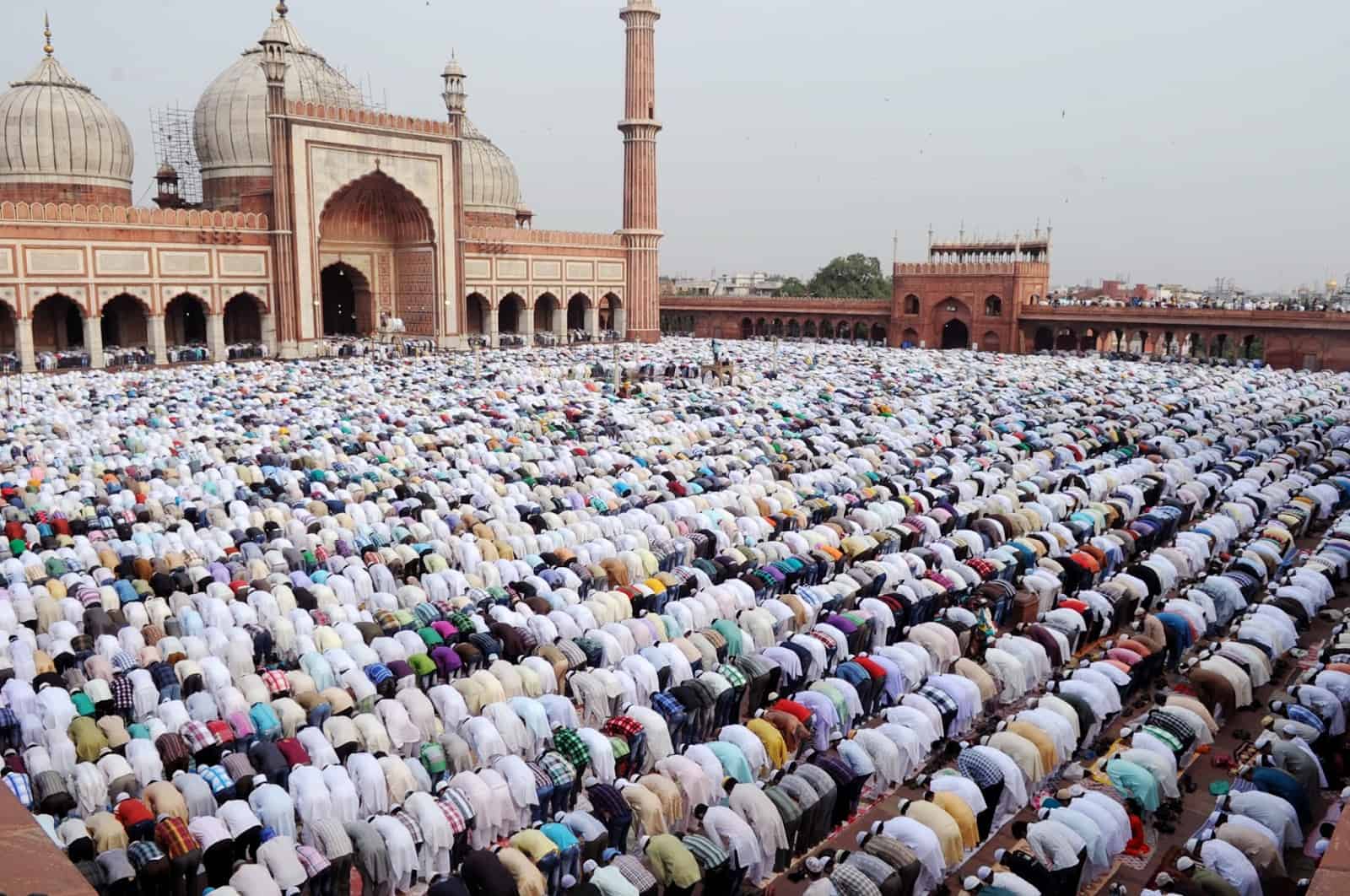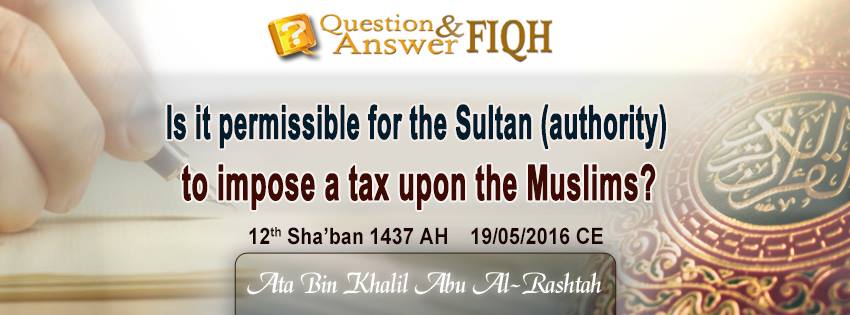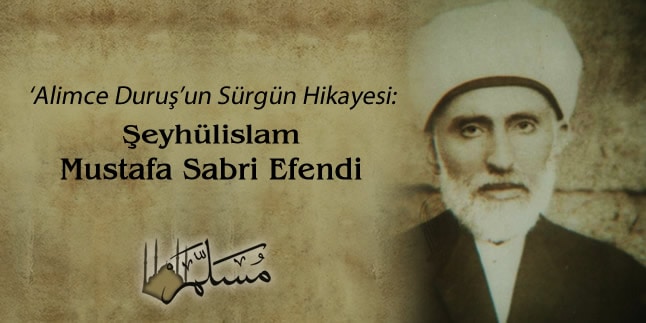We know that Muslims are brothers and sisters to each other, but may well be ignorant of the precise meaning and essence of this brotherhood (and sisterhood). It is a relationship that carries with it certain obligations and duties towards one another. What follows is a commentary and elaboration (sharh) of a relevant hadith in light of classical scholarship, in particular Imam Nawawi who includes this in his 40 Hadith.
The relevant hadith is as follows:
[ عن أبي هريرة رضي الله عنه قال : قال رسول الله صلى الله عليه وآله وسلم: لا تحاسدوا ولا تناجشوا ولا تباغضوا ولا تدابروا ولا يبع بعضكم على بيع بعض وكونوا عباد الله إخوانا، المسلم أخو المسلم لا يظلمه ولا يخذله ولا يكذبه ولا يحقره، التقوى ههنا – ويشير إلى صدور ثلاث مرات – بحسب امرئ من الشر أن يحقر أخاه المسلم، كل المسلم على المسلم حرام : دمه وماله وعرضه ] رواه مسلم
Abu Hurairah (RA) said, “The Messenger of Allah (ﷺ) said, ‘Do not envy each other, do no bid against each other, do not hate each other, do not turn your backs on each other, and let none of you sell upon the sale of another. Be slaves of Allah (SWT) (as) brothers. A Muslim is the brother of a Muslim: he does not wrong him, betray him, lie to him or despise him. Taqwa is here’, and he (SAW) pointed to his breast three times, ‘It is sufficient evil for a man that he should despise his brother Muslim. All of a Muslim is sacred for a Muslim: his blood, his property and his honour.’” Sahih Muslim
This hadith is one of the precious pearls emanating from the blessed mouth of the Messenger of Allah (ﷺ), may Allah (SWT) bless him abundantly and grant him peace. It sets the high standard of moral values and social interaction between Muslims. And indeed it has great relevance in our present time where, in the context of the ‘War on Terror’, the honour and blood of so many Muslims has become such an open target politically, militarily and ideologically.
We must ensure that even in these testing times we remain true to the high standards of Islam. This hadith is one which defines that standard for us.
The following is a brief explanation of the hadith in light of what the classical commentators on hadith – in particular Imam al-Nawawi, who included this hadith in his famous Forty Hadith – said about it in elucidating its meaning.
The hadith begins with commands to abstain from a number of things. The prohibitions are expressed in the verb form of tafa’ala (the sixth form of the past tense verb): a form which turns the meaning of the root verb to a reflexive meaning in which two sides are equal actors in the action expressed by the verb. The use of this form here implies the co-operative two-way interaction amongst Muslims. In this interaction bad traits must be abstained from.
One of these is envy (hasad). It is the desire that someone loses a good trait Allah (SWT) has blessed them with and is categorically haram. Hostility and hatred are also to be avoided – these prevent the attaining of pure and clean hearts which are fundamental in good relationships.
Not turning your backs on each other implies: let none of you give up on his brother, cutting relations, even if he sees him turning his back on him. Tadabur (lit. turning your backs on one another) is used here to refer to hostility and boycotting each other. In another hadith the Prophet (ﷺ) said:
“It is not permitted for a Muslim to forsake his brother for more than three nights, so that they meet and this one turns away and this one turns away. The better of the two is the first to greet the other” (Agreed upon).
The reference to not bidding against each other and not selling upon the sale of another Muslim refers to dishonest and deceitful trade practices like telling the purchaser of something to annul the sale and offering something else better or at a lower price or telling the seller to annul the sale and offering him a higher price. Bargaining and fair competition before the completion of a sale is fine, but any attempt to get the better of another Muslim in a deceitful manner is not.
In another narration of the hadith the Prophet (ﷺ) also said, “…do not secretly listen in on others (tahassasu) nor spy (tajassasu).” Hence, listening in to the conversations of others and spying on other Muslims is also not allowed.
In another hadith the Prophet (ﷺ) said, “Beware of suspicion, for indeed it is the most slanderous of talk”, meaning thereby the bad opinion which one has of another person. We are not accountable for a bad thought that may come to mind about someone, but to believe in it without the required evidence or to talk about it with others, to affirm or spread it, is prohibited. It is a grave sin as it involves tarnishing the honour of a Muslim, which is sacred.
The command to be slaves of Allah (SWT) as brothers is a command to interact and live with each other as brothers in love, kindness, gentleness and compassion, to cooperate in the good which Islam mandates, and to do this with clean and pure hearts towards each other, with the best interests of others at heart.
Having commanded that the Muslims be brothers the Prophet (ﷺ) re-emphasises this bond of brotherhood by explicitly saying that the Muslim is the brother of the Muslim. The ‘the’ here is not of definiteness, grammatically, but of the genus, thereby imparting the meaning of the brotherhood of all Muslims with each other.
This brotherhood is then defined by the particular absence of betrayal, lying and despising. Betrayal (khadl) is to leave a Muslim when he/she needs help or support. If a Muslim seeks help in repelling an oppressor or the like it is obligatory for another Muslim to help if he/she is able and is without a shar’i excuse.
Despising (haqr) is to look down upon the other and make them feel small or to humiliate them. This can be done in many ways, like not returning the salaam. His saying (ﷺ) that ‘it is sufficient evil for a man to despise his brother’ means that this is a tremendous evil and the punishment of this evil will suffice the perpetrator of it. In this is a great warning as Allah (SWT) Himself did not despise the human who He created and sustained, made in the best form, subjected everything in the heavens and earth for him and then, importantly, blessed him with Islam and Iman, sending the best of creation to him as His Messenger. Hence he who despises a Muslim has despised what Allah (SWT) exalted and blessed.
The Prophet’s (ﷺ) pointing to his breast is his pointing to his heart. The intended meaning is that taqwa is in the heart. It is not achieved by external actions alone but by what is in the heart of the majesty, awe and consciousness of Allah (SWT) and fear of Him.
Finally the Prophet (ﷺ) ends by establishing the sacredness of the Muslim to another.
Everything of his is sacred: his honour, his blood and his wealth. On his farewell Hajj he (ﷺ) made the same point emphatically by his saying, “Your blood, your properties and your honour are sacred to you like the sanctity of this day of yours, in this month of yours, in the land of yours.” He (ﷺ) here compares the sacredness of a Muslim to the sacredness of the day of ‘Arafah, the month of Dhul-Hijjah and the land of Makkah, which indicates the significance of this matter.
Thus: let this be a reminder for us all about the rights of other Muslims over us and the extreme importance for us to be cautious in this regard.
And let this hadith come to mind when we deal with other Muslims generally on a day-to-day basis as well as on more specific occasions, like when a Muslim is accused of a crime and shamelessly put to trial by the media, as is quite common these days. The words and meanings above should indeed remain at the forefront of our minds on such occasions.
![]()

















